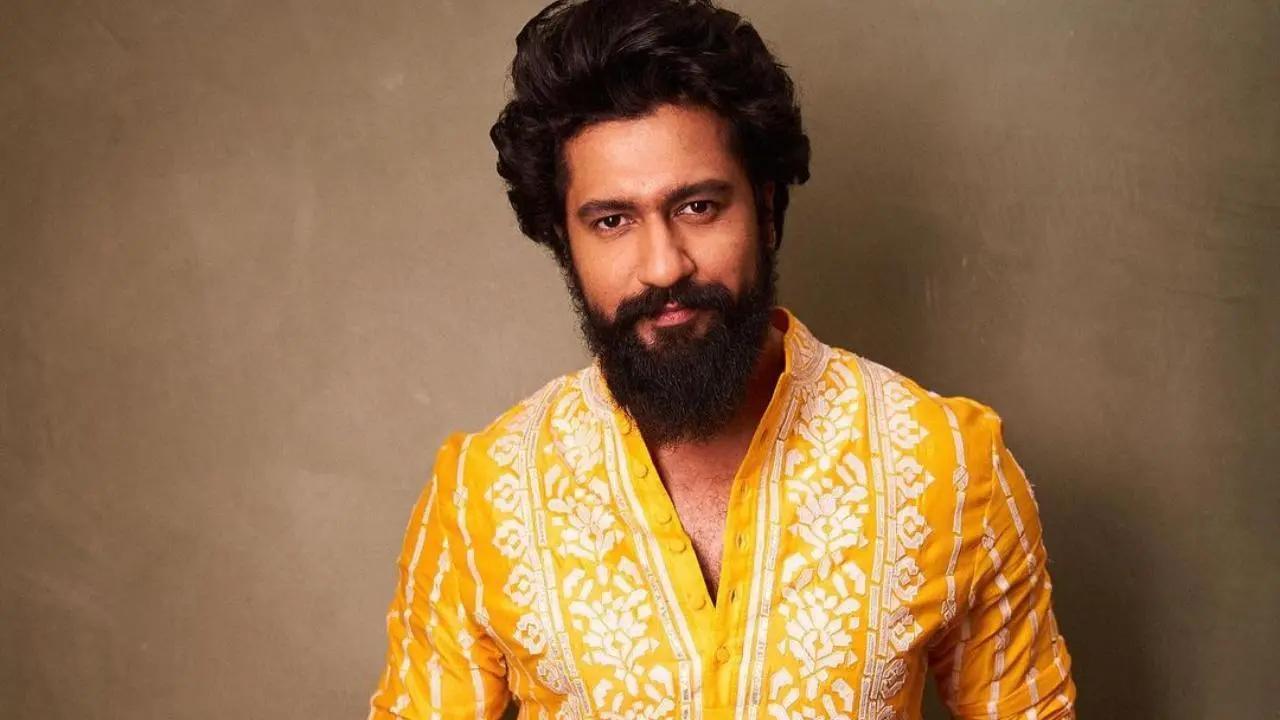
In the ever-evolving landscape of Indian politics, Rahul Gandhi’s strategic decision to retain the Rae Bareli parliamentary seat while ceding the Wayanad seat to his sister Priyanka Gandhi has stirred various political circles. This move not only revitalizes the hopes of his supporters but also leaves open the critical question of whether Rahul Gandhi will assume the role of the Leader of Opposition, a significant position that the Congress party has not occupied for the past decade. However, the spotlight isn’t solely on the Congress leader; the battle for the Speaker of the Lok Sabha looms large, promising further political intrigue.
This weekend saw heightened political activity as the National Democratic Alliance (NDA) convened at Defense Minister Rajnath Singh’s residence to deliberate on the appointment of the new Lok Sabha Speaker. Insider sources revealed today that the Bharatiya Janata Party (BJP) aims to retain the prestigious Speaker’s post, choosing to hand over the Deputy Speaker position to a member of an NDA-affiliated party rather than offering it to the Opposition.
Although Om Birla, the current Speaker, is a frontrunner for reappointment, there is speculation that the BJP might opt for a new face to fill the role. Meanwhile, the Telugu Desam Party (TDP) is seen as a potential candidate for the Deputy Speaker position. Intrigue deepens as both the TDP and Janata Dal (United) (JD(U)) had been earlier rumored to be eyeing the Speaker’s post in exchange for their support in government formation. However, the JD(U) has recently softened its stance, stating that it will abide by whatever decision the BJP makes regarding the Speakership.
This, however, hasn’t dampened the Opposition’s resolve. They are actively working to solidify TDP’s demand for the Speaker’s seat and secure JD(U)’s backing. The Opposition is employing a dual strategy: they aim to pressure the NDA allies by suggesting that if their demands are not met, the BJP might eventually coerce MPs from both parties to switch sides, thus achieving their numbers independently.
There are two potential scenarios the Opposition is preparing for. Firstly, if the TDP nominates a candidate for the Speaker’s post, the Opposition is inclined to extend unconditional support to this nominee. Secondly, should the Deputy Speaker position remain unoffered to the Opposition, they plan to field their own candidate for the Speaker’s role.
.
The precedent of granting the Deputy Speaker’s chair to an Opposition member has long been a parliamentary tradition in India. However, this convention saw a departure in 2014 when the BJP awarded this position to M. Thambi Durai of the All India Anna Dravida Munnetra Kazhagam (AIADMK), a ruling alliance partner. The vaccant period for the Deputy Speaker’s post in the current, 17th Lok Sabha, from 2019 till 2024, reiterates the deviation from tradition and underlines the political maneuvering at play.
Given the high stakes involved, this Speaker’s election is not just about filling a critical constitutional role but also a reflection of broader strategic alignments and power plays within Indian politics. The NDA’s desire to keep pivotal roles within the alliance points to a cautionary approach aimed at maintaining internal unity and forestalling any Opposition advance. Conversely, the Opposition’s aggressive stance showcases their readiness to exploit any fissures within the ruling coalition.
The BJP faces the challenge of balancing its internal dynamics while appeasing its allies, a tightrope walk given the ambitions within its coalition. Should the TDP succeed in nominating its candidate with Opposition backing, it could considerably shift the political equilibrium. Alternatively, the BJP’s steadfastness in retaining key positions could either consolidate its hold or exacerbate tensions with its allies.
This political saga unfolds against the backdrop of Rahul Gandhi’s potential new role. His position as Leader of Opposition carries substantial weight, providing him a platform to critique government policies and present alternative solutions. It also thrusts him into a more prominent role within Parliament, signifying a resurgence of the Congress party after years in the political wilderness.
All eyes are now on the forthcoming parliamentary sessions, where these high-stakes decisions will unfold. The interplay of strategic decisions, the balancing of power within the NDA, and the Opposition’s tactics will determine the outcome, setting the stage for future political confrontations and alliances in India’s tempestuous political battleground.










